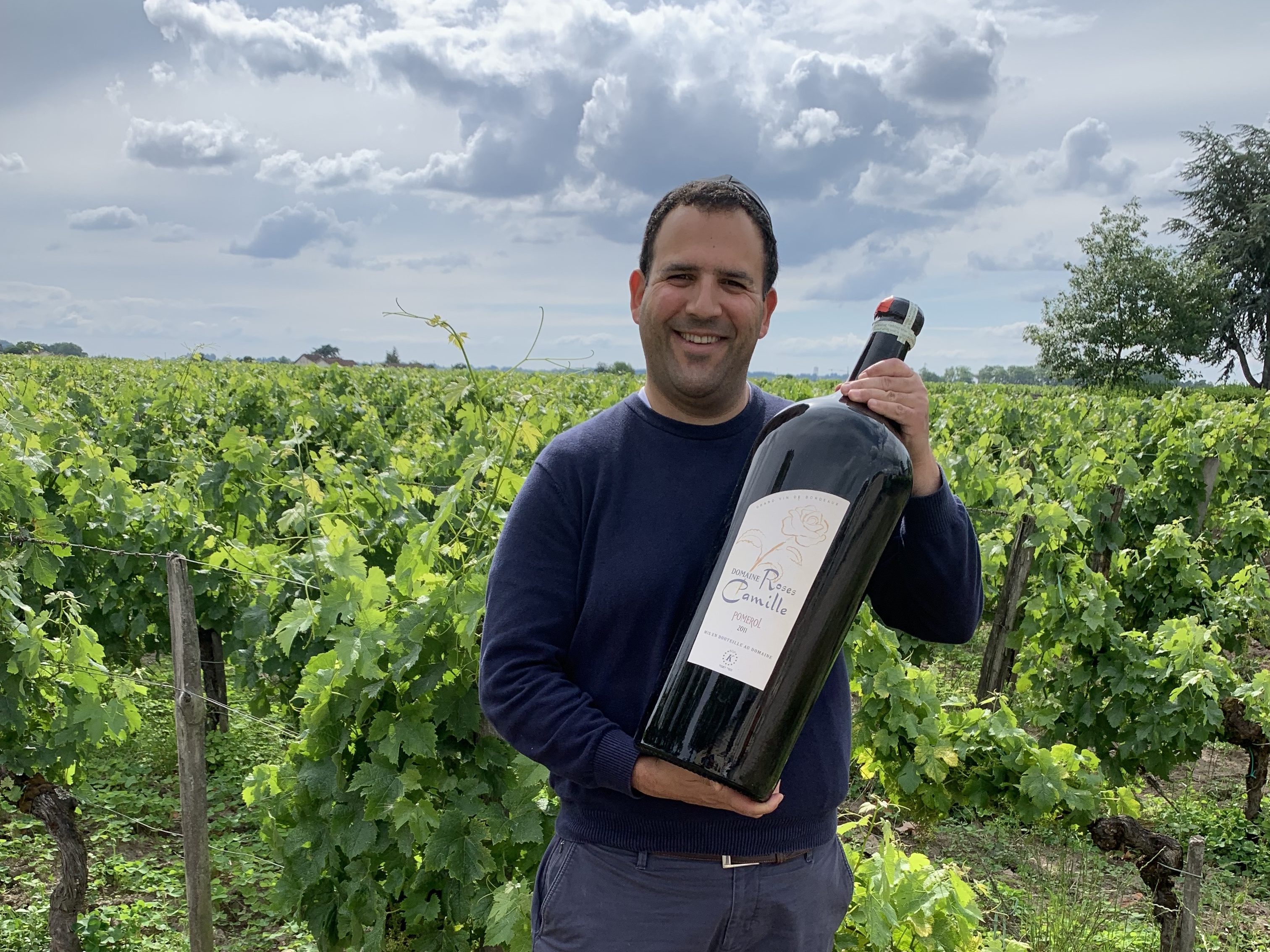It’s always fun explaining to people that when I travel to Bordeaux, it’s part of my job. I get the groans and eye rolls, and of course “tough life” and “must be nice,” etc. The truth is, I am very fortunate to include these travels and experiences as part of my work life, full stop. There are certainly challenges involved and associated stresses, but the relationships and learning experience that take place while I’m on the road are beyond duplication.
Bordeaux has changed since I first started visiting regularly over five years ago. What was a sleepy commercial town in the southwest of France has turned into a world class destination for food and culture; a mini Paris with less traffic and crime. I encourage anyone looking to spend time in a Western European city with all of its charms, to book a weekend in Bordeaux to explore the city and its very famous environs.
The kosher wine business in Bordeaux has also changed dramatically. A decade ago, having a quality kosher wine made in Bordeaux, from a Chateau that had a remotely famous name, was a rarity and a treat. Kosher negociants (groups that conceive, commission, and cover the costs of kosher runs in non kosher wineries) had to beg to get in the front door – the chateau owners wouldn’t hear of it. High end kosher wine was hardly “a thing” and there was certainly doubt on both sides whether these products would successful in the winery and on the store shelf.
Eventually, some chateau owners acceded, and the kosher negociants would finally have a shot at making a grand vin kosher wine under the proper name and label of the winery. The cost was high, and the kosher consumer would not necessarily have comparable quality to the house edition (non kosher). This was the case for several reasons. Harvest dates were uncertain, vineyard plots were of variable quality, and winemaking protocol was inconsistent, all due to the coordination and scheduling of the limited kosher staff. Not to mention, I’m sure one or both sides of the transaction never expected the kosher blend to be compared to the kosher, due to the excitement and novelty of it all. It was a sacrifice worth making then, and there is still a great amount of credit due to the kosher companies that made this happen.
As the drinking windows of these trail blazing kosher Bordeaux are sunsetting, it’s impressive to see how far kosher Bordeaux has come. Quality has improved across regions and price points. Brands outside the classified growths are outclassing the name brands. Also, there seems to be increasing parity in the quality of kosher and non kosher blends (I gave up tasting non kosher wine a while ago), but still not even comparable in price. In an interesting shift, many Bordeaux chateaux are not only happy to produce kosher wine, they are also happier to have the kosher negociants compete amongst themselves for the business. The double edged sword of success.
Most notably, what struck me from my visit to Bordeaux is good news for the kosher wine collector: there are more wines being produced than there are kosher wine drinkers to consume them. Producers and new kosher wine entrepreneurs have flocked to France over the past four years to commission barrels upon barrels of wine in strong vintages such as 2015, 2016, and 2018, and they made a great deal of wine. With an abundance of supply, in any other market, prices will have to come down. The kosher market should take longer to find this balance, but in the meantime, discerning buyers with patience have the luxury to choose the best wines and competitive prices.
My recommendation is this: buy well, and drink well. Bordeaux is back in vogue in the kosher scene; it wasn’t before, and it won’t be forever. Seek out opportunities to taste wine ahead of purchasing. If purchasing wine that’s made in kosher and non kosher forms, stick to the better vintages. Jump on pre-arrival or futures opportunities when possible. It’s a buyer’s market, so buy the best, and you’ll drink well for a long time to come.
Do you have questions about building your Kosher Wine CELLAR? Email Andrew for a complimentary consultation: Andrew@liquidkosher.com


